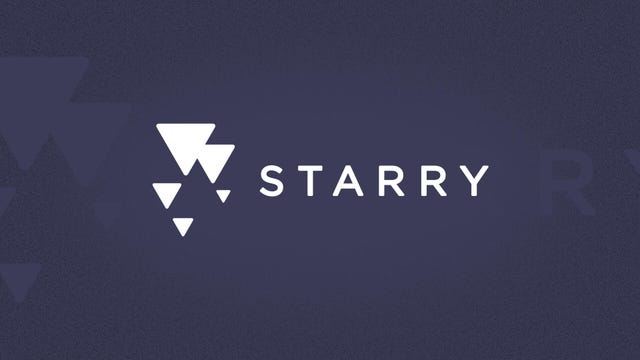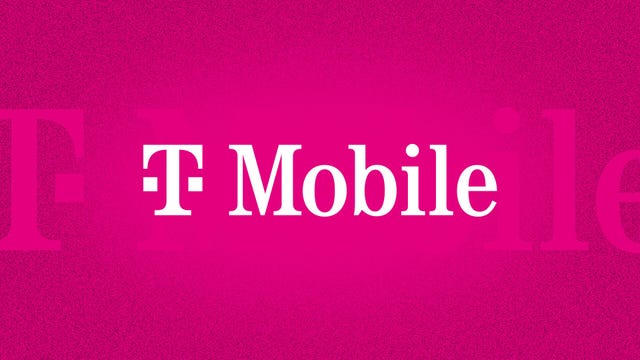Are you tired of being tied to internet service providers with cumbersome contracts, slow speeds, restrictive terms and rising fees? You’re not alone. A 2023 customer survey tagged ISPs as the country’s second-lowest-rated industry. You read that right. Internet providers are even lower than airlines, social media, health insurance companies and the US Postal Service. All too often we feel we have hardly any options. Could 5G be the answer?
The technology powering the latest phones also wants to tackle our household broadband needs. A solid home internet connection is vital, whether you’re working from home or decompressing with the latest video games. The earliest 5G home internet plans, available from names like Starry, Verizon and T-Mobile, offer respectable speeds at a straightforward price — but availability is limited to select cities and regions. CNET has reviewed all the major 5G services and we’ve got the details on how they work, how fast 5G gets, what it costs and where it’s available.
So, what is 5G home internet?
Simply put, 5G stands for the fifth generation. The fifth generation of what? The fifth generation of wireless data networks. You’re probably most familiar with hearing 5G used to describe better mobile communications and speedier phones. You’re not wrong: 5G networks, which use different radio frequencies than previous generations, aim to provide faster data speeds with much less lag or delay than we had with 4G.
My CNET colleague Eli Blumenthal does a great job of breaking down the basics of 5G. Millimeter-wave technology uses higher frequencies than previous generations, providing faster speeds and connections. Those higher, gigabit speeds come with a price: the data doesn’t travel the same distance as 4G and has more trouble with obstructions. To combat that, midband technology, which offers speeds averaging between 300 and 400 megabits per second, increases the coverage area provided by millimeter-wave. Finally, low-band 5G offers a range similar to 4G but speeds between 100 and 200Mbps.
Is 5G home internet the same as 5GHz?
No, it’s not the same. One common mistake is to see the “5GHz” setting on your Wi-Fi router and assume you have access to 5G. Wi-Fi routers also use short-range radio frequencies (typically either 2.4GHz or 5GHz) — to transmit your internet signal to connected devices within your home. 5GHz might be one of the band options for your home’s Wi-Fi system, but it’s not the same as 5G, which is a cellular technology that uses higher-frequency waves.


